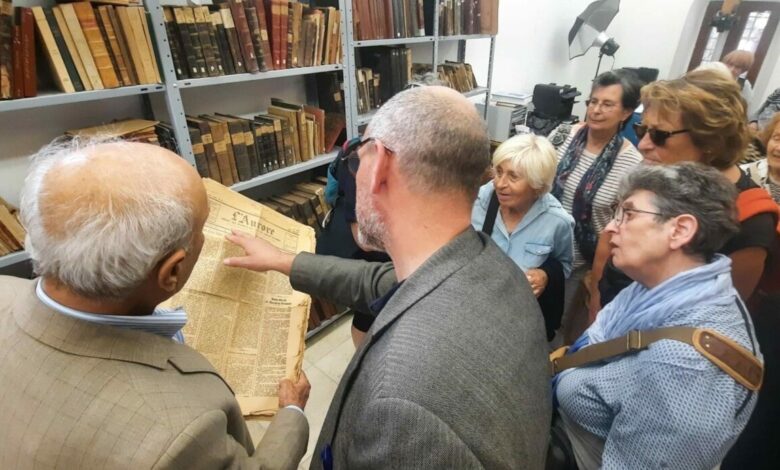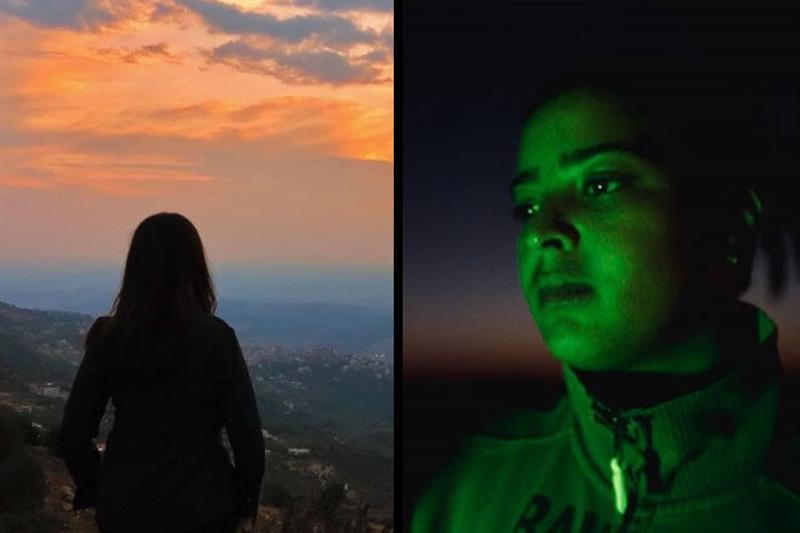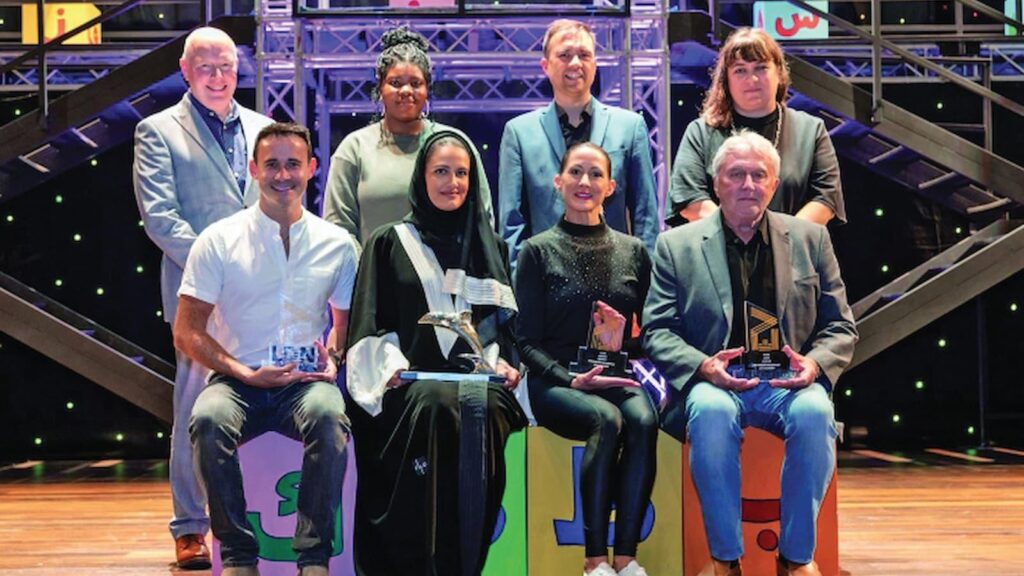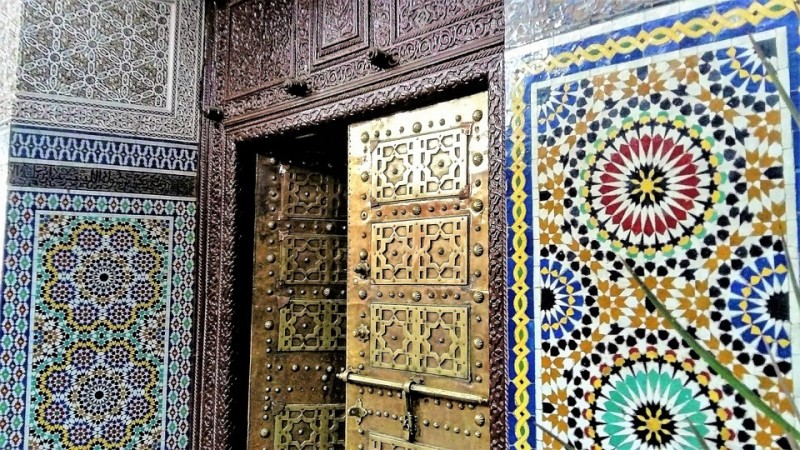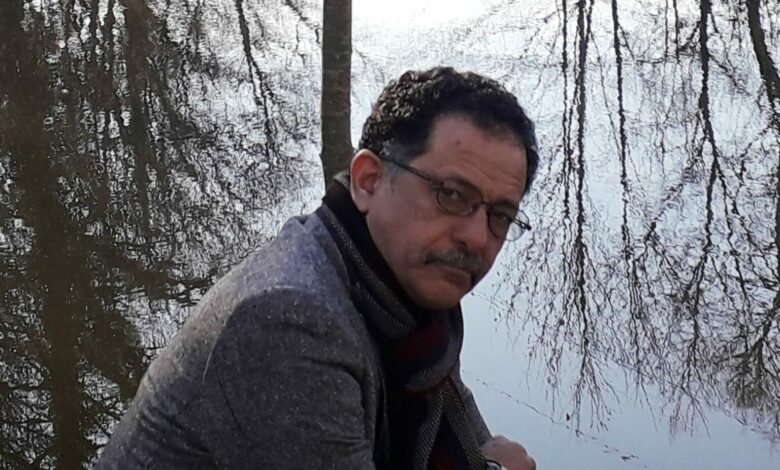-With more than 900 renowned local and global brands taking part at the 50th (golden jubilee) edition of the Watch and Jewellery Middle East Show (WJMES), which continues until October 9 at Expo Centre Sharjah, 20 Emirati female designers managed to attract the visitors’ attention to the Emirati Jewellers platform, launched by Sharjah Chamber of Commerce and Industry, with the aim to support young Emirati talents in jewellery designing and spotlight their artistic works at the important event.
Abdallah Sultan Al Owais, Chairman of Sharjah Chamber of Commerce and Industry, said that supporting Emirati entrepreneurs and talents is one of the main objectives that Sharjah Chamber is working to achieve, and the Watch and Jewellery Middle East Show has always been supporting Emirati designers through such initiatives as the Emirati Jewellers platform.
He added that over more than eight editions, the platform has been able to provide an exemplary opportunity for the Emirati designers who wish to enter the world of gold-smithing and jewellery whether in Sharjah or the entire UAE, and it succeeded in attracting talents to the jewellery design and trade sector to develop their crafting and marketing skills.
He pointed out that the platform attracted more than 46 Emirati female designers and sponsored the Qelada project, launched by the Ministry of Community Development, to support female designers of determination.
Al-Owais underlined the participation of the youngest Emirati female jeweller along with many other female designers who presented impressive gold and jewellery designs.
Saif Mohamed Al-Midfa, CEO of Expo Centre Sharjah, underscored the importance of the Emirati Jewellers platform being an annual stimulus that attracts more and more Emirati creators to the world of jewellery design and benefits from the event’s large global participation, which contributes to providing these talents with more experiences to develop their businesses.
One of those talents who caught the attention of visitors was Dr. Abeer Awad.
She said, “My passion for beauty and drawing has driven me to discover this talent, and so have the many talent-fostering government initiatives, the most important of which is the Emirati Jewellers platform, which has been the strongest motivator for me to enhance my talent and start my own project”.
Designer Zahira Ahmed Al Marar pointed out that her participation is the second in this event, and she expressed her pride in taking part in this platform together with a group of Emirati talents who work as one team to brightly represent the UAE in such a global event, stressing that Sharjah Chamber is her first and biggest supporter to be a key participant at the event and show her designs to the whole world.
She expressed her gratitude to the Chamber for the great support and diligent follow-up to ensure the continuity and success of the projects.
Sheikha Al Serkal, in turn, underlined her keenness to participate in the Watch and Jewellery Middle East Show being a key platform to showcase her talent, which is admired by the visitors every year.
Azza Al Jarwan, on the other hand, praised Sharjah Chamber’s fostering of young Emirati jewellery talents and bringing to the fore their artistic works in the most outstanding event of jewellery exhibitions.
source/content: wam.ae (headline edited)
____________
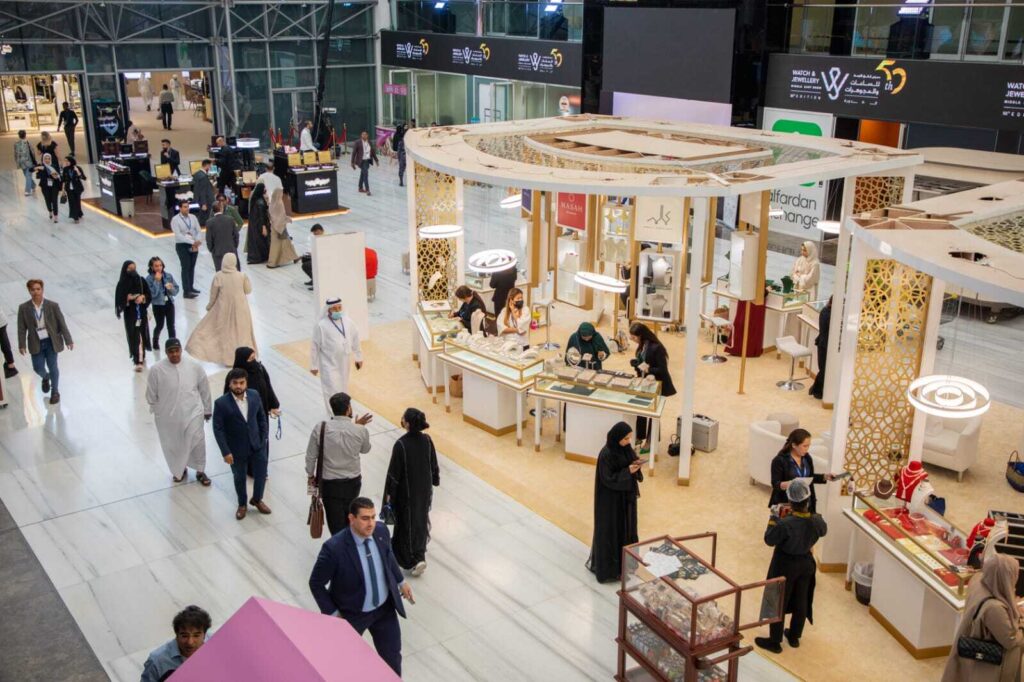
____________________________________
UNITED ARAB EMIRATES (U.A.E)
